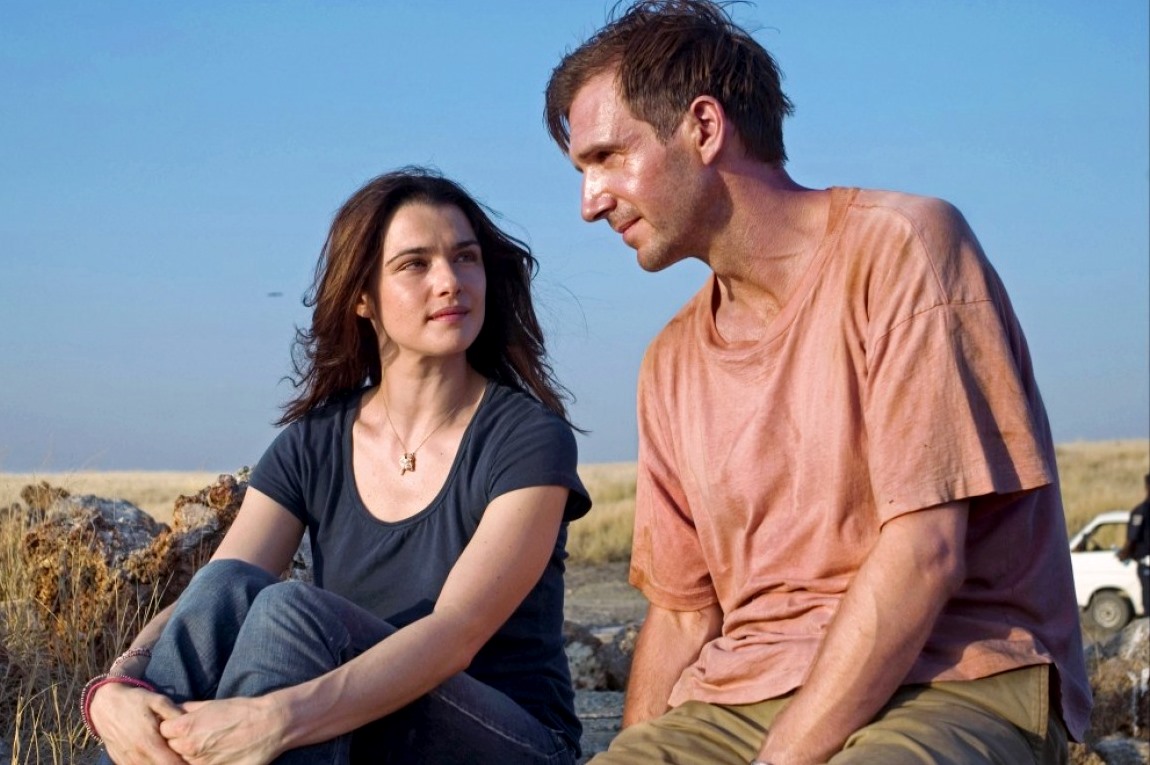


Obs: Your last novel, Single and Single, was published two years ago. Once I started talking off the record to people in the pharmaceutical industry, and to those few brave people who have tried to unmask its activities, I didn't look back. After the Ken Saro-Wiwa business in Nigeria I thought very seriously of oil. JLC: I wanted to do corporate behaviour in the Third World. Obs: Did you look for this subject or did it come to you? It was just a surprising word and it was pretty. Then there was a literary echo with 'the constant nymph'. JLC: Well, constant in the sense of true, and in the sense of loyal.

Obs: Can you talk about the title, The Constant Gardener? My own life has been so messy and zigzag at times that it's actually quite a consolation later in life to discover what I do care about. This story could not have occurred without the moral anger and equally the moral anger could not have been expressed without those circumstances and those characters. The motor is inside Justin after Tessa's death. JLC: Well, I didn't really because the motor is one and the same. Did you find it hard to marry the political side of the novel with the fictional? Obs: It's a very polemical book, but it also has two characters - Justin and Tessa Quayle - who are among your most successful. Cumulatively I was aware of the level of repression and bullying which was happening in the name of western democracy. I found myself drawn repeatedly to former colonies. Since The Honourable Schoolboy I have started paying much more attention to the Third World. Obs: Was there a moment of inspiration for the book? The extraordinary belief that at the centre of corporations lies a moral purpose, some humanitarian self-restraint. Beyond that again, it's about what we now have in place of nations: a corporate ethic subscribed to - to my total frustration - by the present government. Beyond that it's about the same subject that I've written about right from the beginning, which is man's relationship with the institutions he creates - whether they're intelligence institutions or commercial. John Le Carré: At the level that is closest to me it's about somebody making an interior journey and discovering, after a flawed life, some kind of morality.


 0 kommentar(er)
0 kommentar(er)
